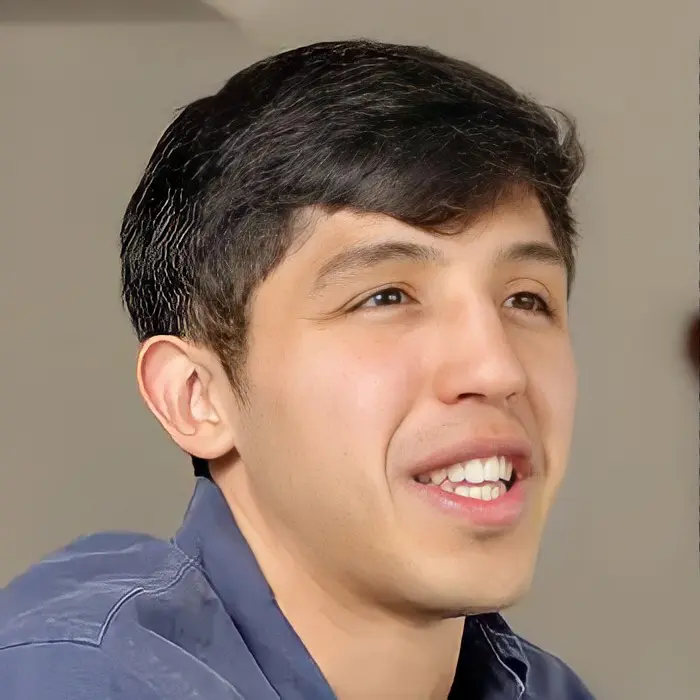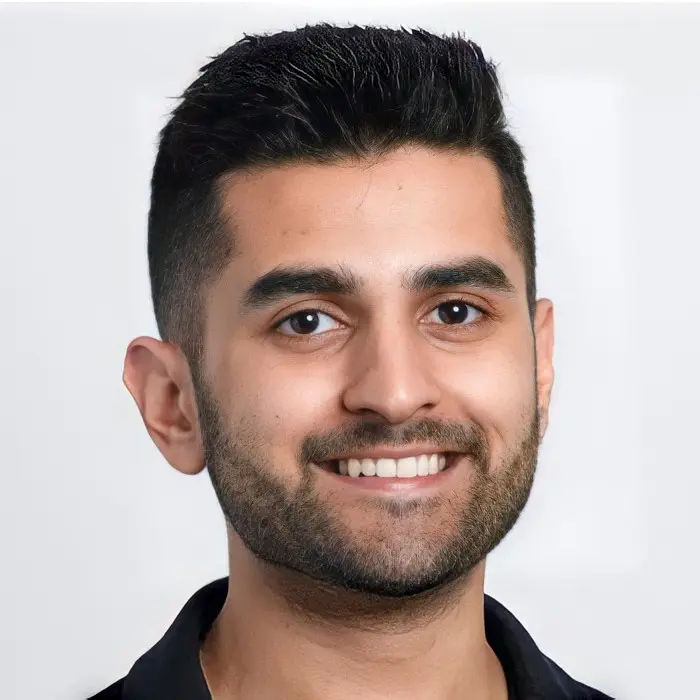How Otavio Silveira Went from Soccer Coach to Data Scientist with Dataquest
Otavio Silveira, Data Science Analyst
Otavio Silveira did what a lot of data science learners do when they first get into the field: he went to YouTube to find Python and SQL tutorials in the hopes of landing a data science job. It’s a familiar story, but it’s rarely more than a good start.
And, like plenty of other working data scientists, Silveira earned a degree in another field before finding his way to data science. He graduated with an economics degree, but after struggling to find a job and lacking interest in graduate school, he decided to shift his career direction.
So what did he do? He took a job as a soccer coach, and that’s when he truly fell in love with data and programming.
Learning with Dataquest
Silveira left YouTube and joined Dataquest — not long after, he applied for and won a scholarship, which he used to complete our data science with Python path. Silveira is an interesting student — most have a strong preference for text-based code learning instead of watching videos, but he doesn’t have a preference. However, Dataquest’s in-browser coding was a game changer for him.
Being able to write code right after reading the text without having to set up anything is very helpful. It makes you focus only on the code.
Silveira also prefers writing out all of the code, rather than filling in the blanks, which is a common approach on other platforms. While he admits that writing out all of the code can be challenging, he also believes that the challenge is where the real learning takes place.
Asked about his favorite aspects of the Dataquest learning experience, Silveira praised the learning paths: “The learning paths give you a direction to go during the entire learning process, and you don’t have to be always looking around to find what you’ll learn next.
Starting a New Career
After finishing his stint as s soccer coach and returning to Brazil, Silveira started learning Python, SQL, and data science. At first, he took a job that he knew wasn’t what he wanted in his heart, but it was a good opportunity to put these fresh skills into practice. After about six months, he finally found the data science job he was looking for.
Silveira now works for the biggest retail company in Brazil that specializes in fresh products like fruits, vegetables, meat, fish, etc. He describes the organization as a fast-growing chain of almost 100 stores in the southeast region of the country, and the best part is that he works from home in a small city in his home state close to his family and friends.
Advice for Data Science Learners
Silveira had the following advice for other data science learners:
Type every single line of code, never copy and paste. Put some time and effort into guided and unguided projects. Join and be active in the community. Be patient and persevere. It’s not usually easy and you’re not learning something simple. It takes time. Make sure to be doing it the right way and keep doing it.






